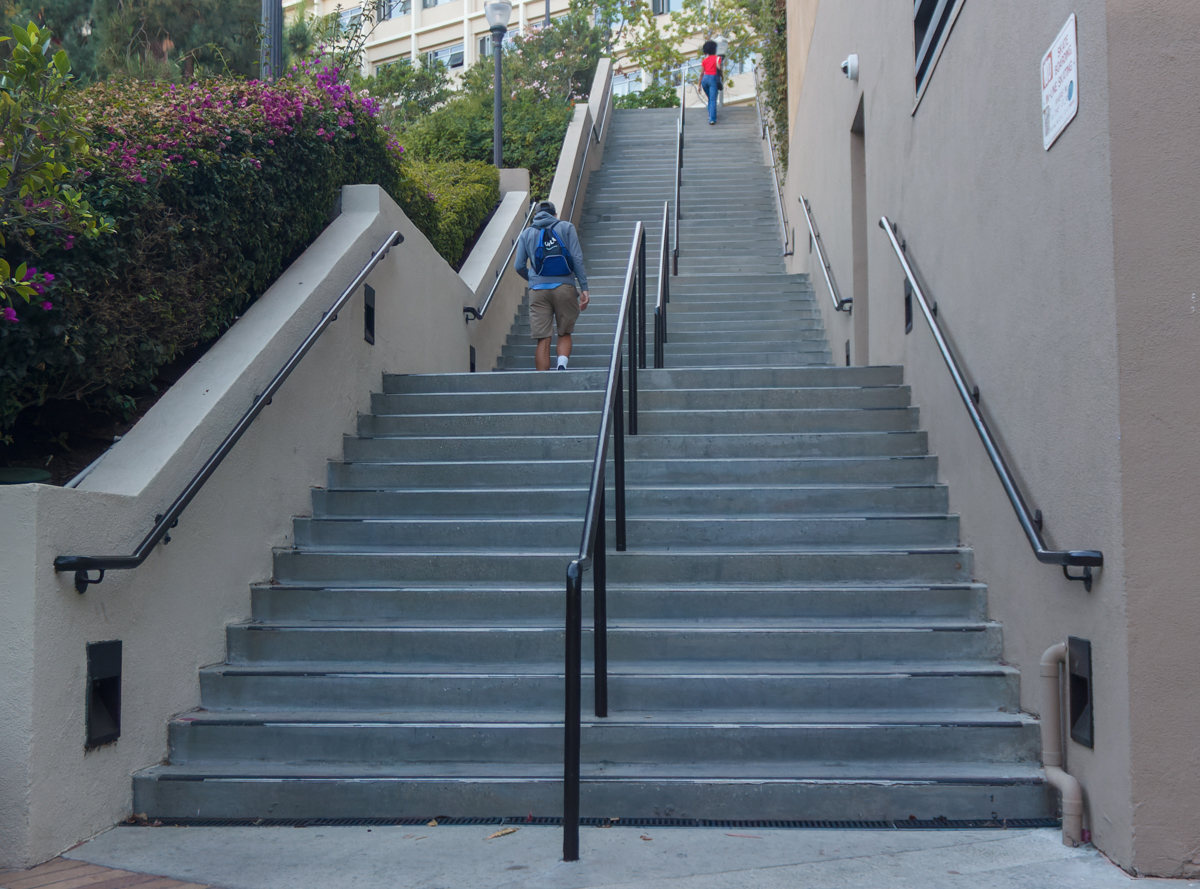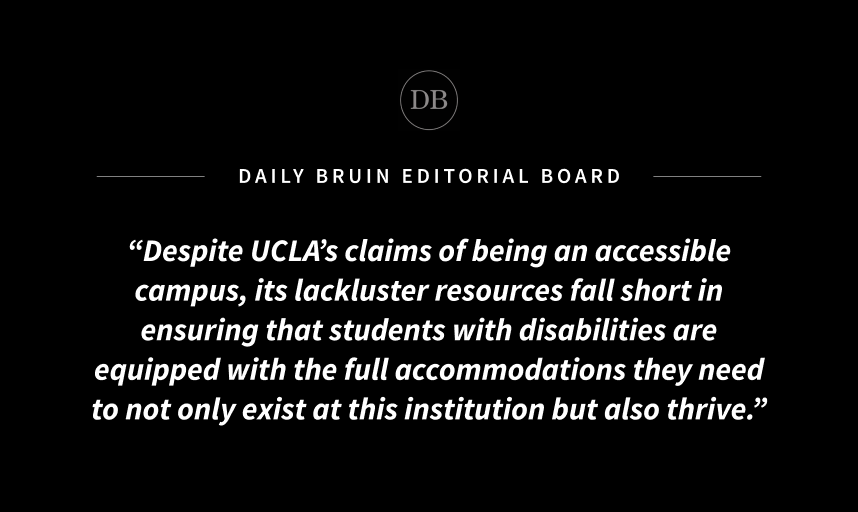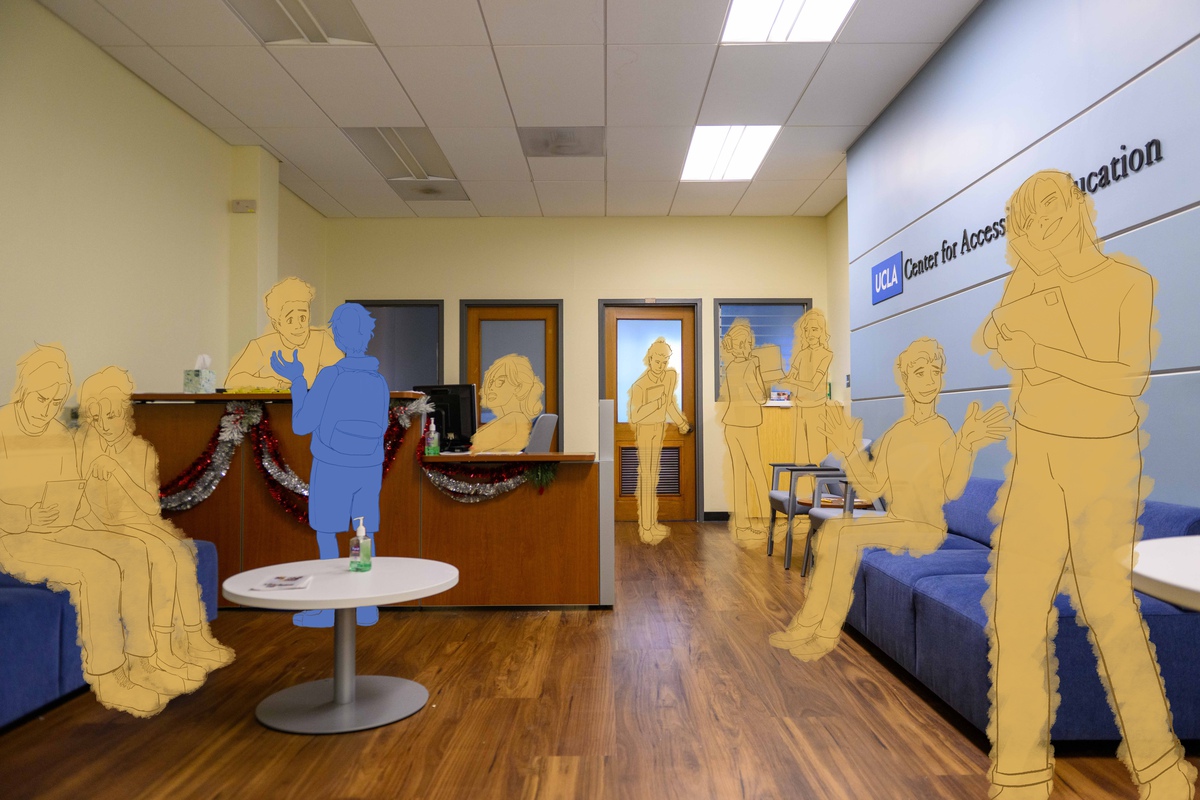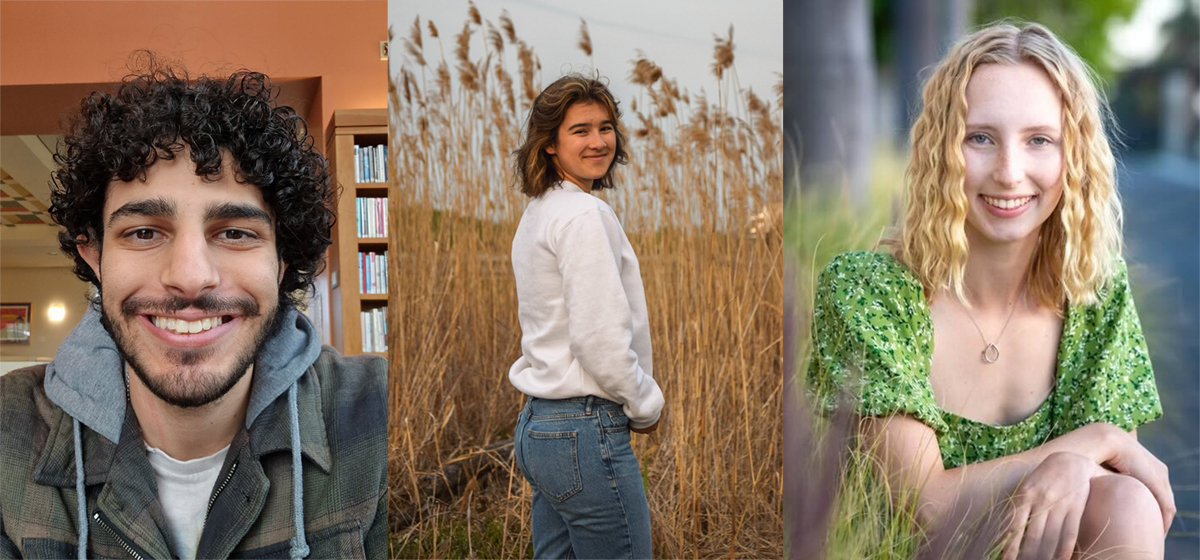Op-ed: UCLA’s Center for Accessible Education needs more funding to operate efficiently
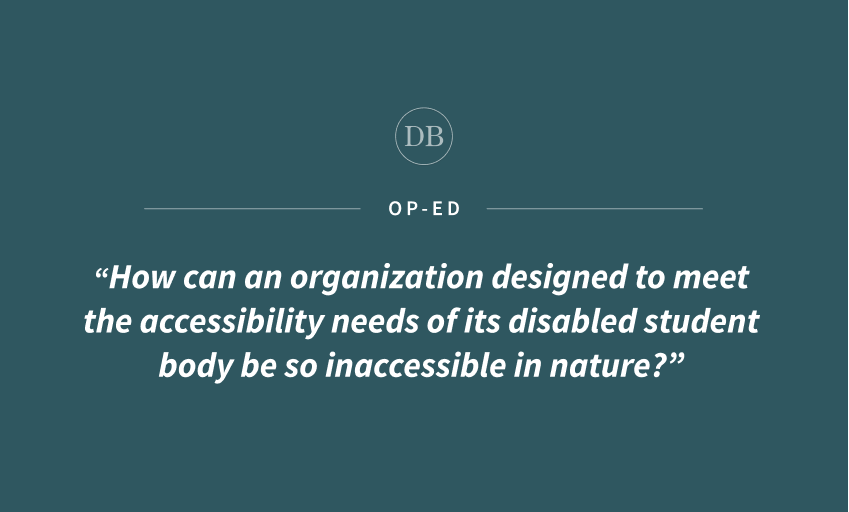
By Eve Carrera Akopyan
April 14, 2024 5:28 p.m.
This post was updated April 14 at 8:22 p.m.
UCLA’s Center for Accessible Education is an organization composed of 37 total positions, four of which are vacant for the 2023-2024 academic year. This leaves 33 staff members for approximately 4,000 registered disabled students. With only 10 of these positions filled by disability specialists, there exists an utterly unreasonable lack of specialized disability guidance.
With around 400 students assigned to each disability specialist, can the highly individualized needs of varying students be adequately met with such administrative constraints?
As a student registered with the CAE, I often feel like a very inconsequential part of a bureaucratic system, confused and unable to get the help I need due to impersonal procedures. In my experience, the process of being approved for academic accommodations took the entirety of an academic quarter, despite beginning the process during the first week of instruction. Additionally, within only two years at UCLA, I have had two different disability specialists, with a period of months between my assignments, meaning I was left with access to only generic services over that time span.
Recent issues with the CAE’s Housing Services for the 2024 to 2025 academic year have left me without the necessary accommodations my disability requires. After multiple failed attempts to speak with housing staff over the phone and email, I found myself in the CAE’s physical office pleading to speak to a staff member.
However, I was refused the opportunity to do so and told by a student worker that UCLA Housing is highly understaffed and will only accept communication through email, despite the urgent nature of my issue. A CAE proctor reaffirmed the student worker’s claim and informed me that there have been multiple meetings regarding the understaffing issue, which have gone only in circles with no tangible progress made in filling any vacancies.
Ironically, my disability specialist was only able to provide me with one piece of insight regarding the matter, asking if I’d connected with housing services’ generic email.
Safe to say, I have yet to receive any update regarding my necessary housing accommodations and am uncertain when, or if, I ever will receive an update. Unfortunately, this reality is not only my own, but that of countless other students who are directed from one of a few CAE staff members to another, allowed only mediated communication and subjected to weeks of radio silence regarding time-sensitive matters.
The CAE’s mission statement is as follows: “To create an accessible, inclusive, and supportive learning environment. Through a collaborative effort with faculty, staff, and students, the CAE facilitates academic accommodations, disability advocacy, and serves as an educational resource for the campus community.”
How can an organization designed to meet the accessibility needs of its disabled student body be so inaccessible in nature?
I believe the answer to such a quandary is rooted in far more than the – often redundant – bureaucratic organization of CAE. Instead, it lies majorly in the fact that “UCLA’s disabilities specialists require a master’s degree, yet are paid $45,000 a year on average, while the average salary in Los Angeles is $55,000, and the state average is $70,000,” according to a resolution by the Undergraduate Students Association Council.
It would be entirely unreasonable to expect anyone with years of education – and potentially student loan debt – to desire a workload of hundreds of students. For a salary tens of thousands of dollars less than state averages among California’s high cost of living, it is no surprise that vacancies within the CAE are so commonplace.
Additional funding must be allocated to UCLA’s CAE with the sole intention of increasing the wages of existing staff and hiring new specialists, which in turn will lessen the burden each disability specialist, auxiliary coordinator and clerical staff and other workers face. These changes are only an initial step, but they can tangibly improve the quality and speed of assistance that can be provided to prospective and registered CAE students.
The UC had an annual payroll of $18.5 billion in 2021. Athletic directors, chancellors, high-level executives and health science professionals were and continue to be the highest-paid UC employees.
The money is there and plentifully so. The question lies only in UCLA’s willingness to equitably allocate funding for the support of its disabled student body.



